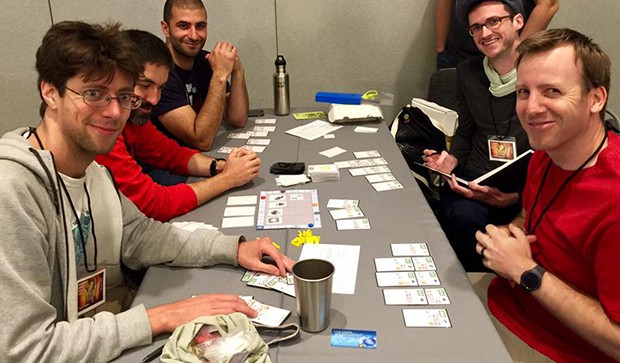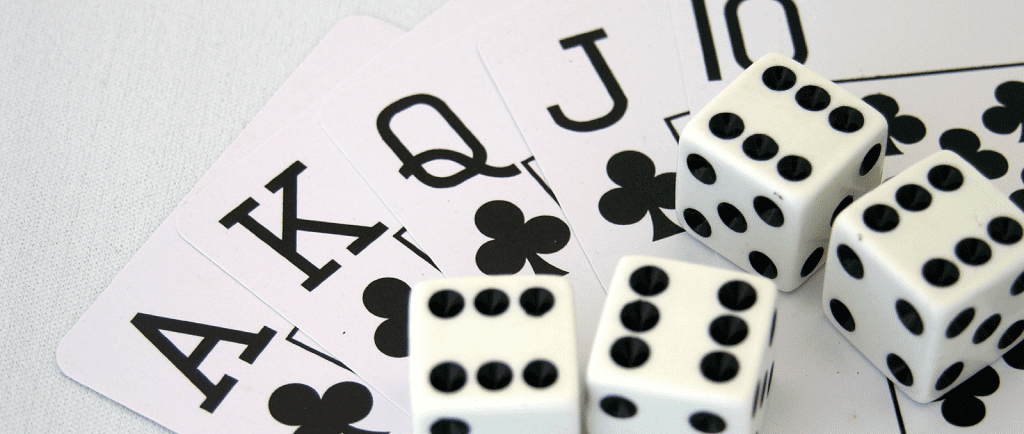
About a year ago, I wrote an article starting this series on Game Elements. Since then, I’ve written nine articles covering in detail some of the more abstract concepts game designers have to grapple with:
It’s been quite the journey. I’d never attempted to write a series as long or ambitious before, and it definitely tested my endurance. I learned a lot through it all, and I hope you did too!

WHAT ARE GAME ELEMENTS?
This is a question I’ve struggled with throughout the whole series. When I started the series, I listed most of the above elements and had a vague idea of how they were connected. They were all fairly abstract; they were almost all present in almost all games; and I found myself thinking about them all more as I designed more games.
But as I worked on the series, I started questioning the list. Was this a useful grouping? Was there anything that bound this group together meaningfully, or was it just a hodgepodge collection with some superficial similarities?
My conviction was further shaken during a casual conversation with my girlfriend. I was telling her about the series, that it’s about abstract things that all games have, when she asked: “You mean like rules?” No, I told her, that didn’t fit my list. But thinking about it later, I asked myself why not? Not all games include Acquisition or Goals, but all games involve rules. Should rules be included on the list? But it just felt like something was off. Why?
After giving it lots of thought, I came up with these considerations for inclusion on the list of Game Elements. I don’t think these are hard and fast rules. I also don’t think this does a great job of defining the list… I look forward to other Game Elements in the comments! But here’s what I came up with:
Ubiquitous. Game Elements show up in almost all, if not all, games.
Abstract. Game Elements aren’t concrete things that come in the box, and they often aren’t explicitly described in the rules.
Emergent. Many of the Game Elements aren’t defined, but arise from the rules and components of the game.
Hidden. Most players are unaware of Game Elements, and even inexperienced designers might be only vaguely aware of them.
Important. Game Elements have a major impact on the play experience (even if the players are unaware of them), so it’s essential that game designers consider them when making important design decisions.
Even writing this list makes me uncertain about it. Goals, Scoring, and Actions are often all explicitly described in the rules. Still, I think there are many types of those Game Elements that are not explicitly described (think implicit actions or intermediate goals), so the guidelines are still useful.
Perhaps the key guidelines are Hidden and Important. It’s your job as the designer to be aware of these things, and it might even be beneficial to conceal them from your players.
WHY CARE ABOUT GAME ELEMENTS?
Another question that came up repeatedly through this series is: why should I care about this? This was especially common when part of the article said that the Game Element in question was in every game. The reasoning goes that if the Element is in my game whether I worry about it or not, why should I worry about it?
Throughout the series I tried to address this concern, but I think it deserves restating since it came up so often. Every car has an engine… does that mean a mechanic doesn’t need to worry about it? Should the engineer who designs a car just accept the engine that was in the last model without thinking about its weaknesses or possible alternatives? Of course not. You would never trust such a mechanic or engineer. You want them to be thinking about every aspect of your car, including parts that are in every car.
The same is true for the Game Elements. These are foundational features of a game that will impact every single player’s experience. If you’re designing a game and are ignoring some of the Game Elements, you’re leaving up to fate a huge factor in how your game plays.
KEEP ON EXPLORING
Ultimately, it wasn’t my goal with this series to say anything definitively. Game design is about exploration, and with this series I was trying to explore some important ideas. But there’s always more to explore. I hope you approach the series in the same way, not looking for immediate answers that you can directly plug into your current game design, but seeking to learn more about games, mechanics, and player experience.
For me, learning more about game design hasn’t made game design any easier. In fact, it’s made designing games harder as I’ve become aware of more nuance and my standards have gotten higher. If this series has made you question your game in a new way, I’ll consider it a success.
Thanks for reading, and I look forward to hearing your thoughts about the series in the comments!







